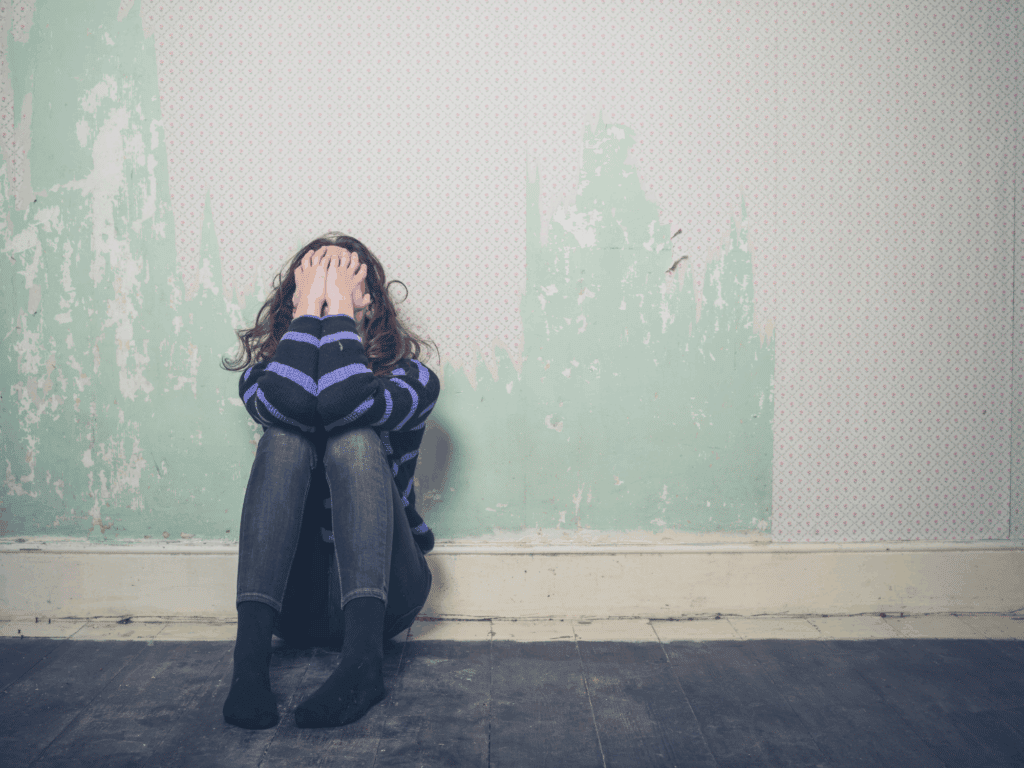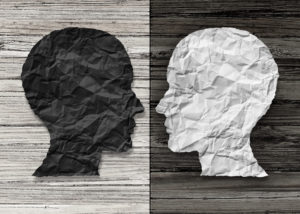Coming forward in an effort to join the battle against the all-too-common mental illness stigma are Glenn Close and Howie Mandel.
Earlier this month, both the actress and the comedian opened up about how mental illness has impacted their lives. Mandel, who suffers from Obsessive-Compulsive Disorder, ADHD and depression, talked about how he felt “isolated” from others as a child, especially since he wasn’t receiving the care he needed at a young age.
Close, on the other hand, does not personally battle a mental illness, however has a sister who has bipolar disorder. As she watched her sister struggle with typical symptoms of the popular mood disorder, she bared witness to how cruel other people can be when it comes to treating these individuals.
Even if we do not see a celebrity come to the forefront on a nightly news show and share their story with the world, we see mental illness in various forms throughout the day. For example, we are inundated with stories of how a shooter who entered into a mall and killed X amount of people was reportedly struggling with a mental condition. We also hear how those who lose their lives to the disease of addiction were also working to combat a mental health condition simultaneously.
The problem isn’t that we are hearing about mental illness in almost every newscast we watch. The problem is how we are reacting to it, and how we are allowing the media to portray mental illness in ways that encourage the development of a negative stigma.
Common Misconceptions about Mental Illness
The good news is that even though the media might not always highlight the best aspects of mental illness, they are still bringing the conversation to the forefront. As we as a country continue to delve into mental illness and how it effects our citizens, one thing is for sure – we must first shatter some of the most common misconceptions about mental illness before we move forward. These misconceptions can include:
- People with mental illness hurt and/or kill other people
- Getting help for mental illness make you “weak”
- People with mental illness are beyond help and can’t be cured
- That person doesn’t have a mental illness, they are just crazy
- People with mental illness cannot function normally
It’s understandable why some people might feel this way about mental illness, especially since it can be an easy thing to feel negative about. However, the main driver behind these misconceptions often comes from a lack of education and understanding. It might be impossible for those who do not have a mental illness to truly comprehend why an individual with something such as OCD or bipolar disorder acts the way he or she does, however it is not impossible to learn about these disorders. By taking the time to get educated, individuals can begin to see that these misconceptions are just that – misconceptions.
Author
-

President, CEO & Founder at Northbound Treatment Network
Paul Alexander is the CEO, President & Founder of Northbound Treatment Network in Newport Beach, California. He believes wholeheartedly in transformational leadership, organizational health and effective, fully integrated substance use disorder and mental health treatment. With over 27 years of experience in behavioral healthcare, Paul has extensive knowledge of “in vivo” treatment modalities, clinical development, operations, strategy, marketing and financial planning. He has been widely recognized for his development of collegiate-based residential treatment programs for students in recovery and authored a research study at The University of California confirming this modality’s effectiveness.
Paul’s comprehensive professional experience, willingness to innovate, and emphasis on organizational health are vital factors in Northbound’s continued success. Paul received his Certified Addiction Treatment Specialist training at Saddleback College in Mission Viejo, CA, and was awarded Outstanding Alumni Service Award in 2002. Paul holds a Bachelor of Arts degree in Criminology, Law and Society, Summa Cum Laude, from University of California, Irvine, and a Juris Doctorate degree from Loyola Law School of Los Angeles. Paul currently serves on The National Association of Addiction Treatment Providers (NAATP) board. In addition, he serves on The Family Recovery Foundation board and The CarePossible board in Orange County; both organizations are committed to raising funds for family recovery and treatment for former military personnel. Paul is in recovery himself and lives in Orange County with his wife Silvana and his two young sons, Noah and Dean.










